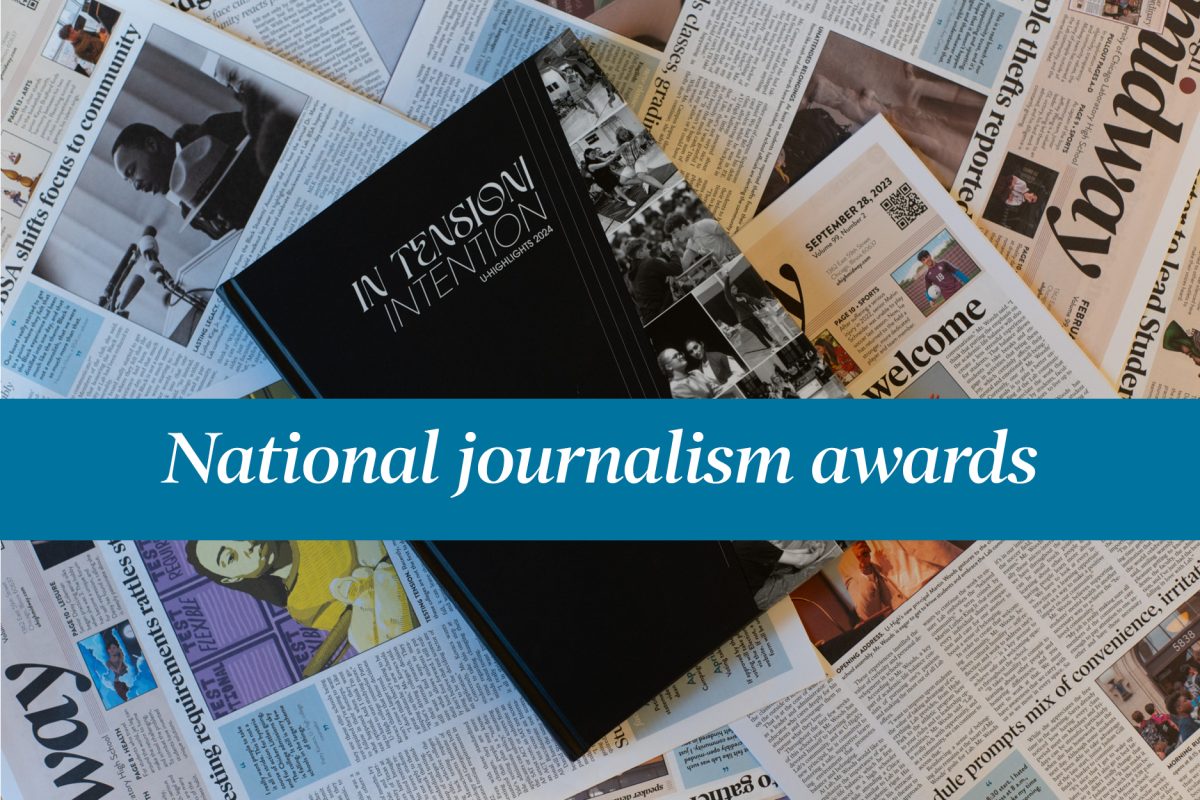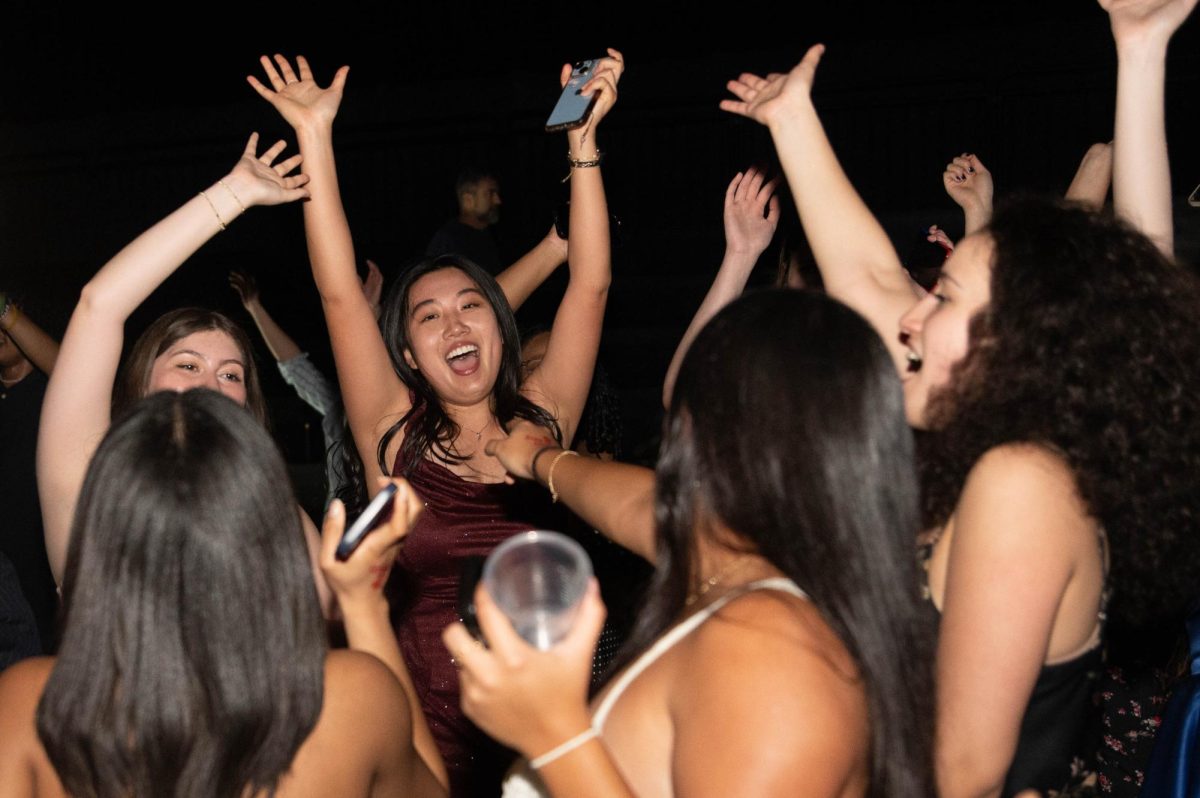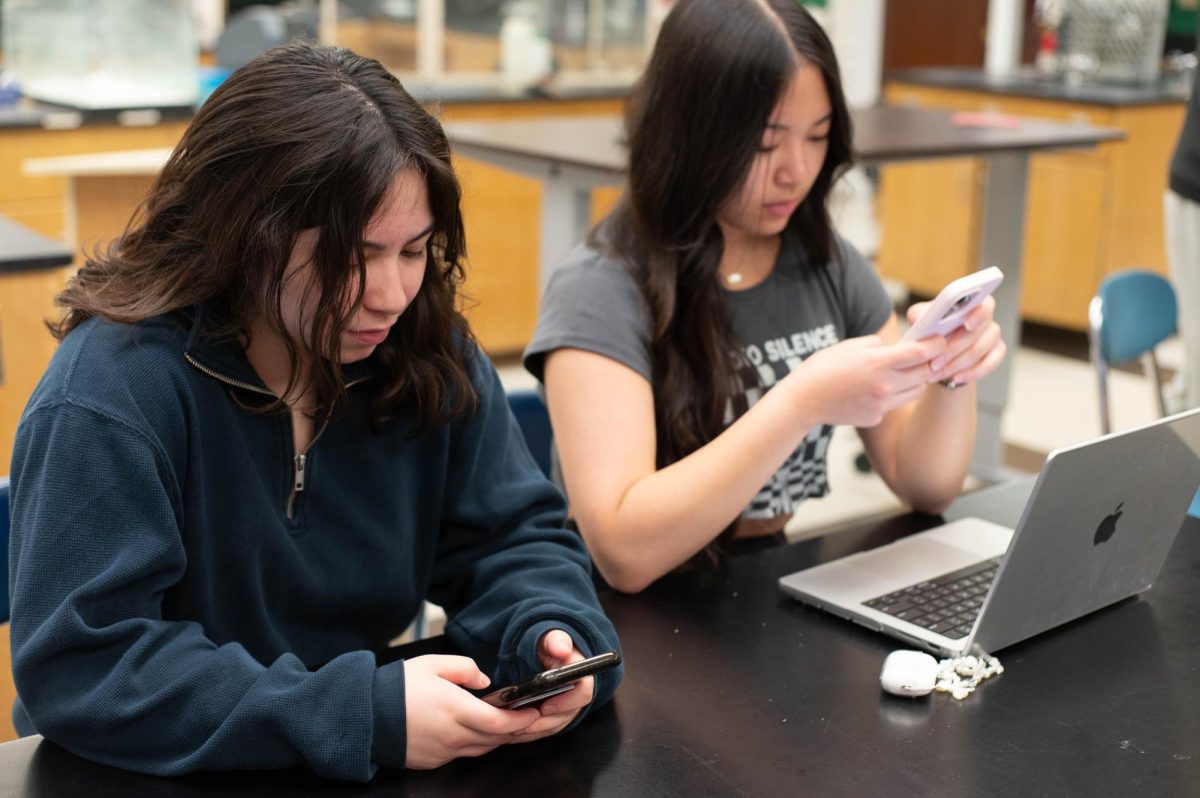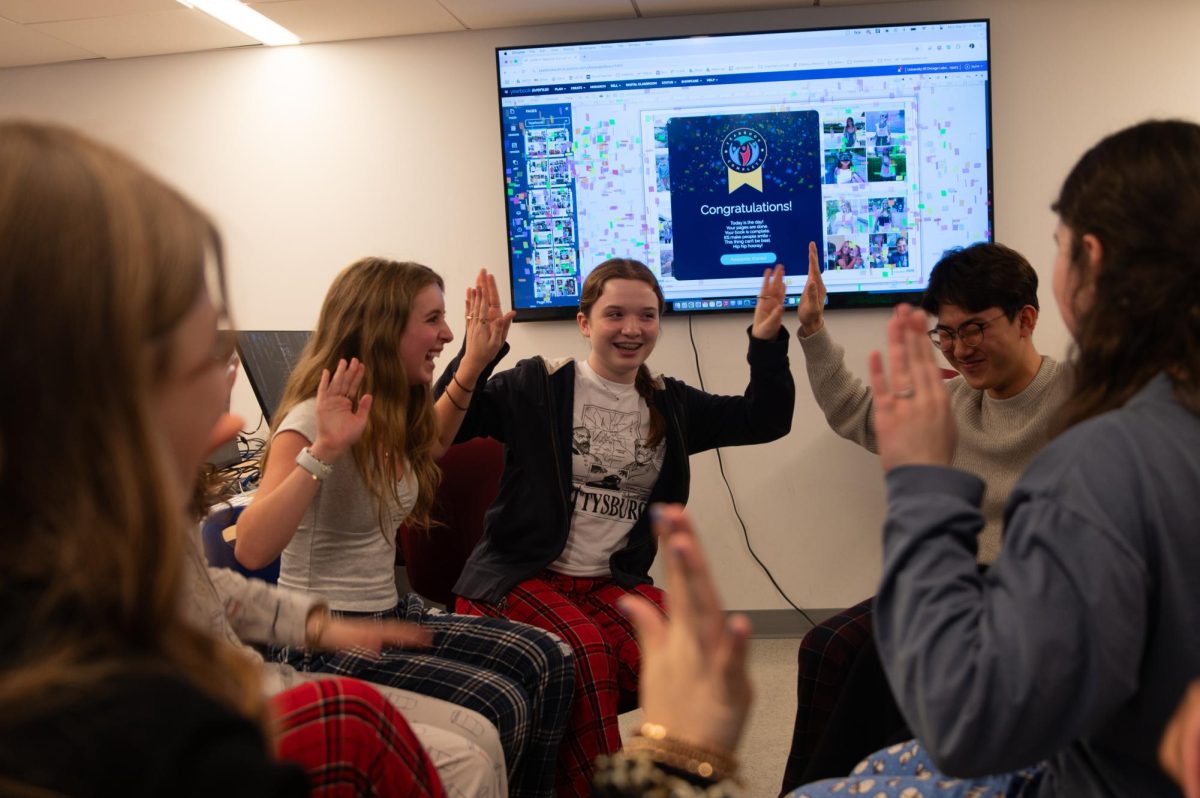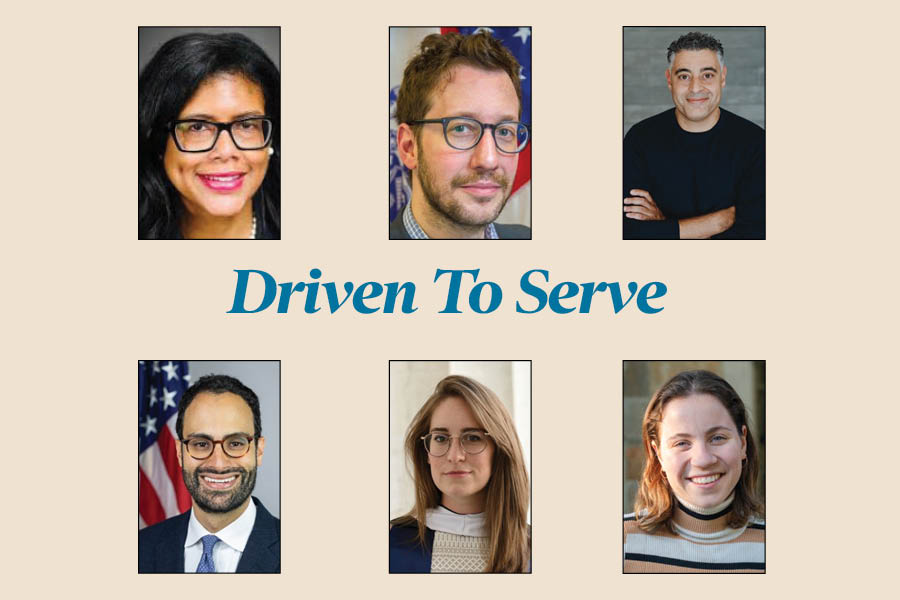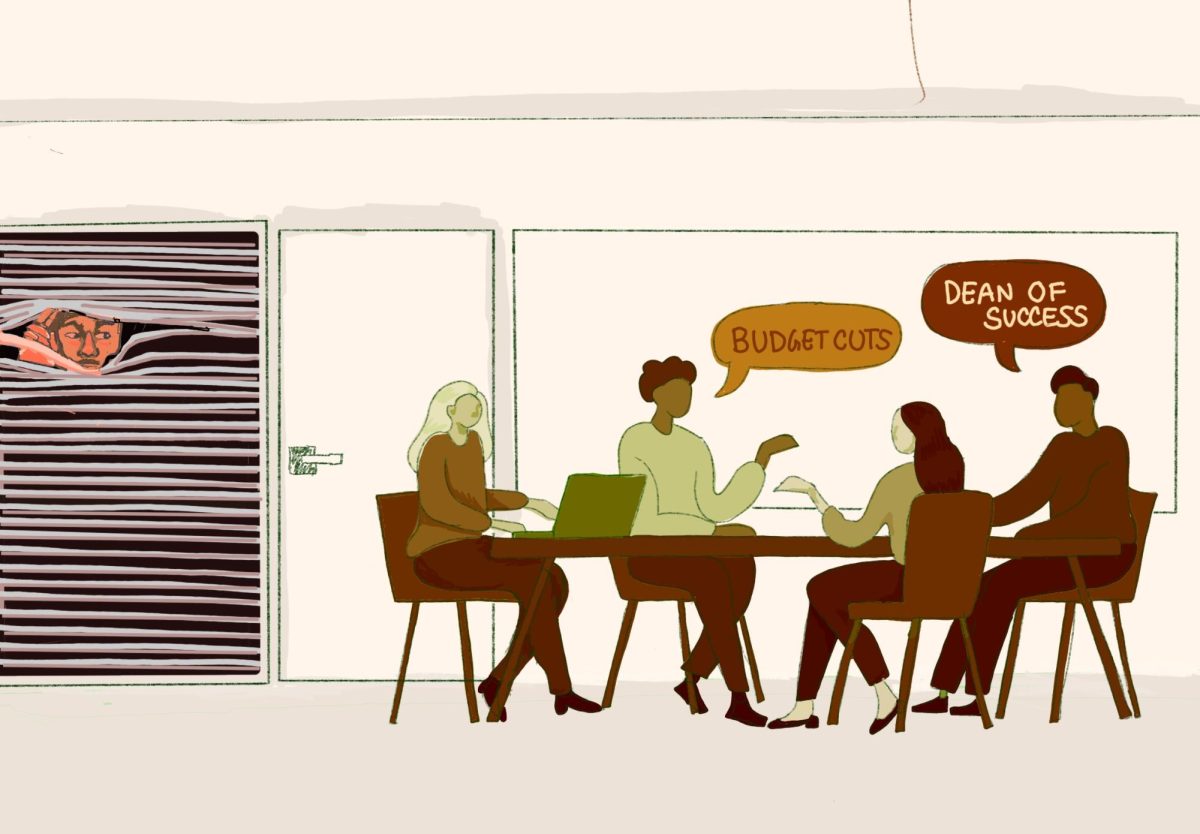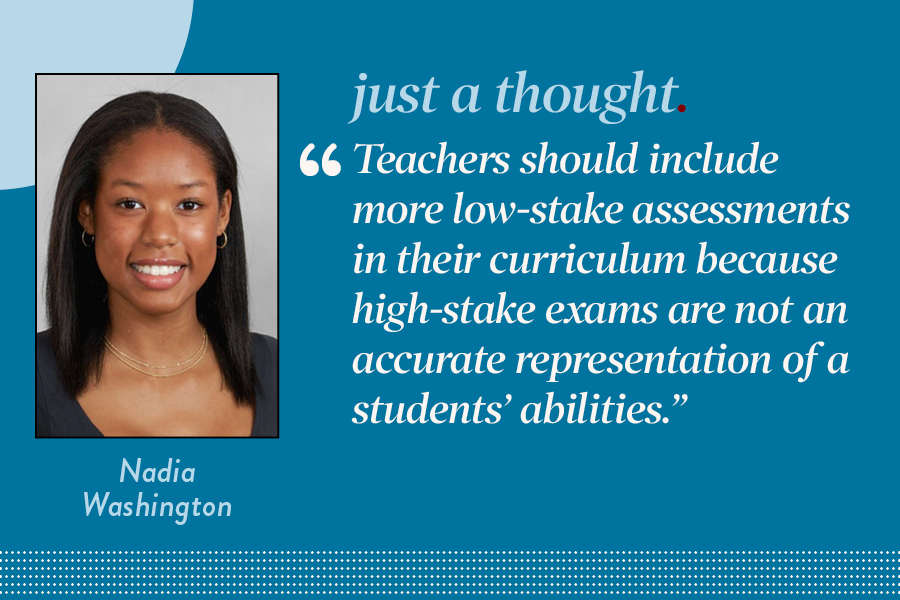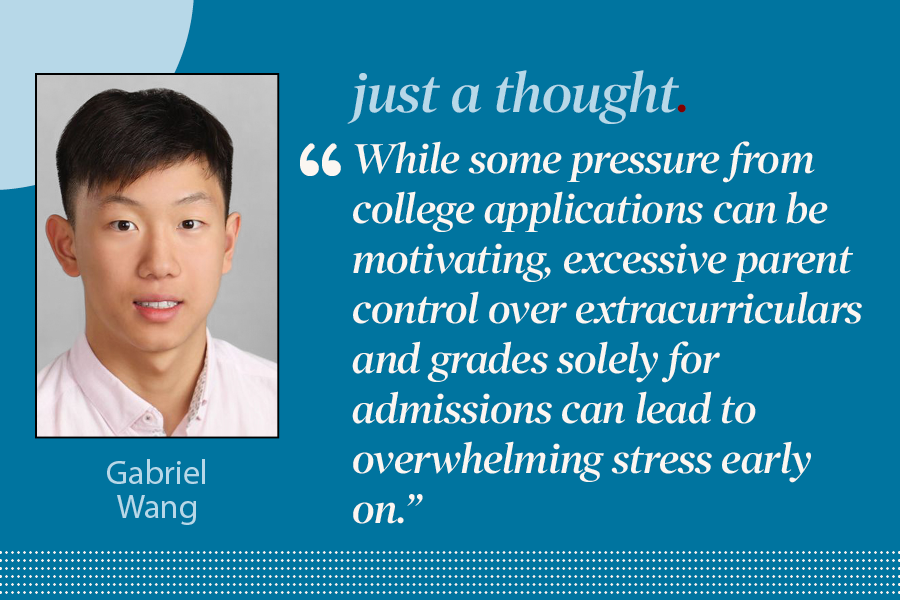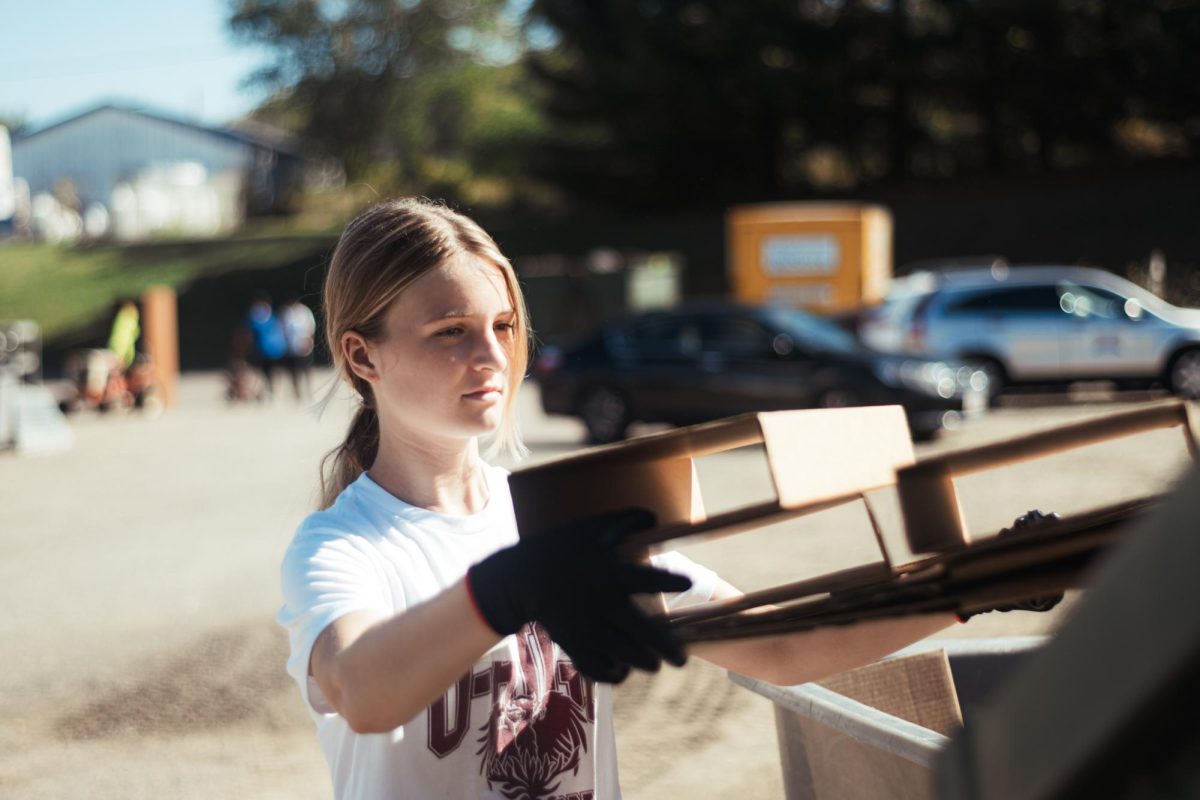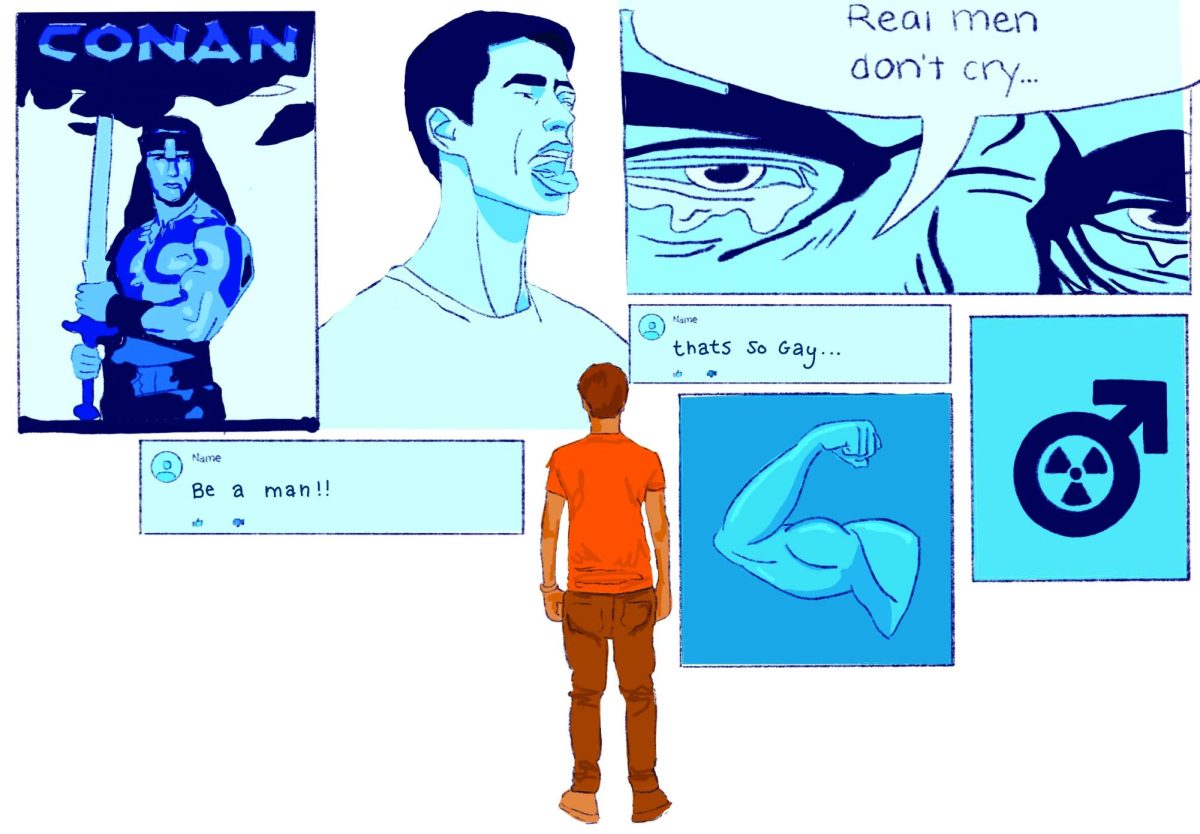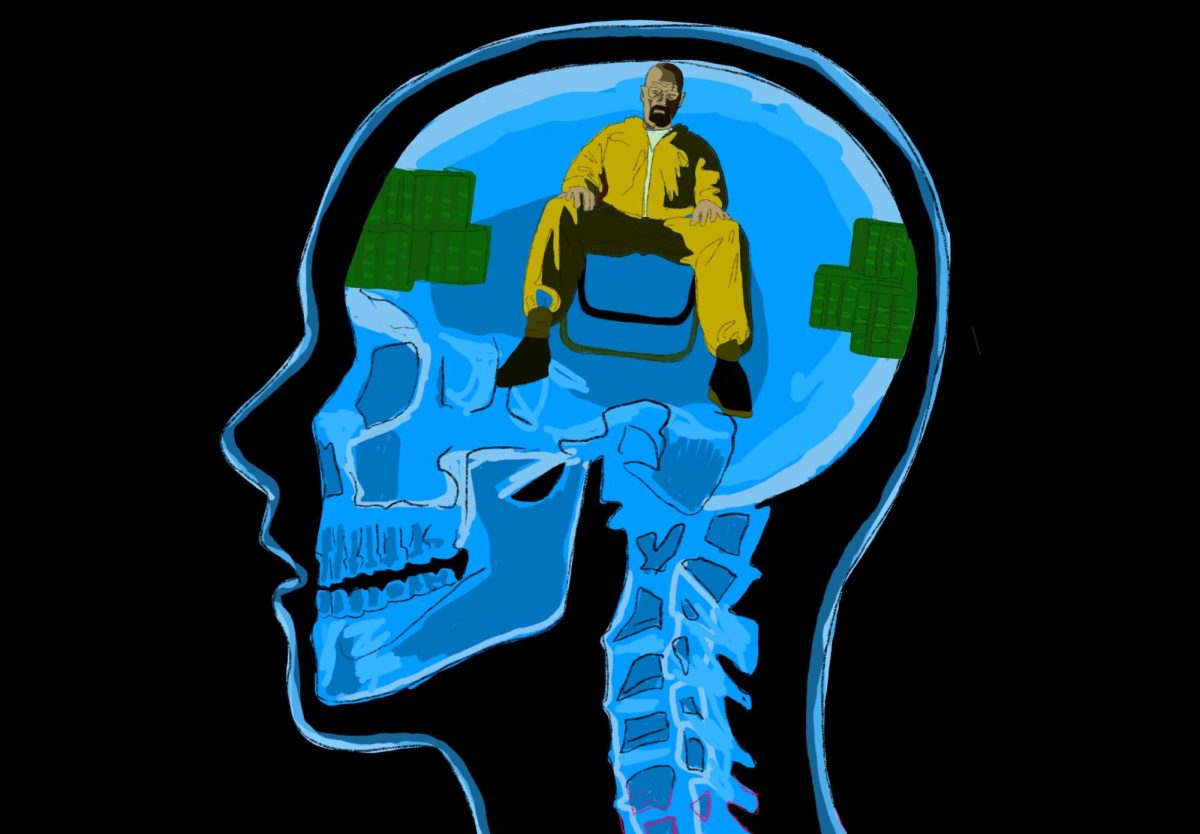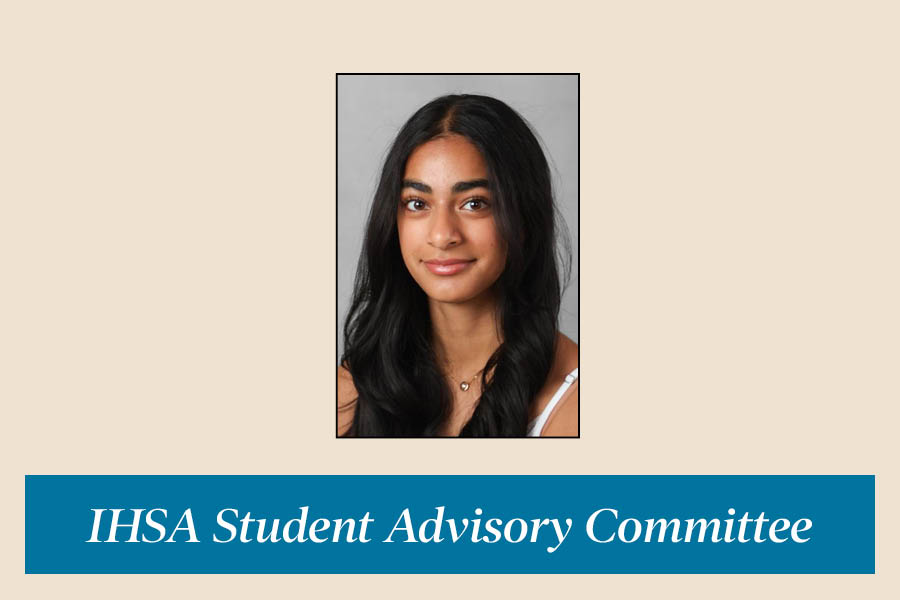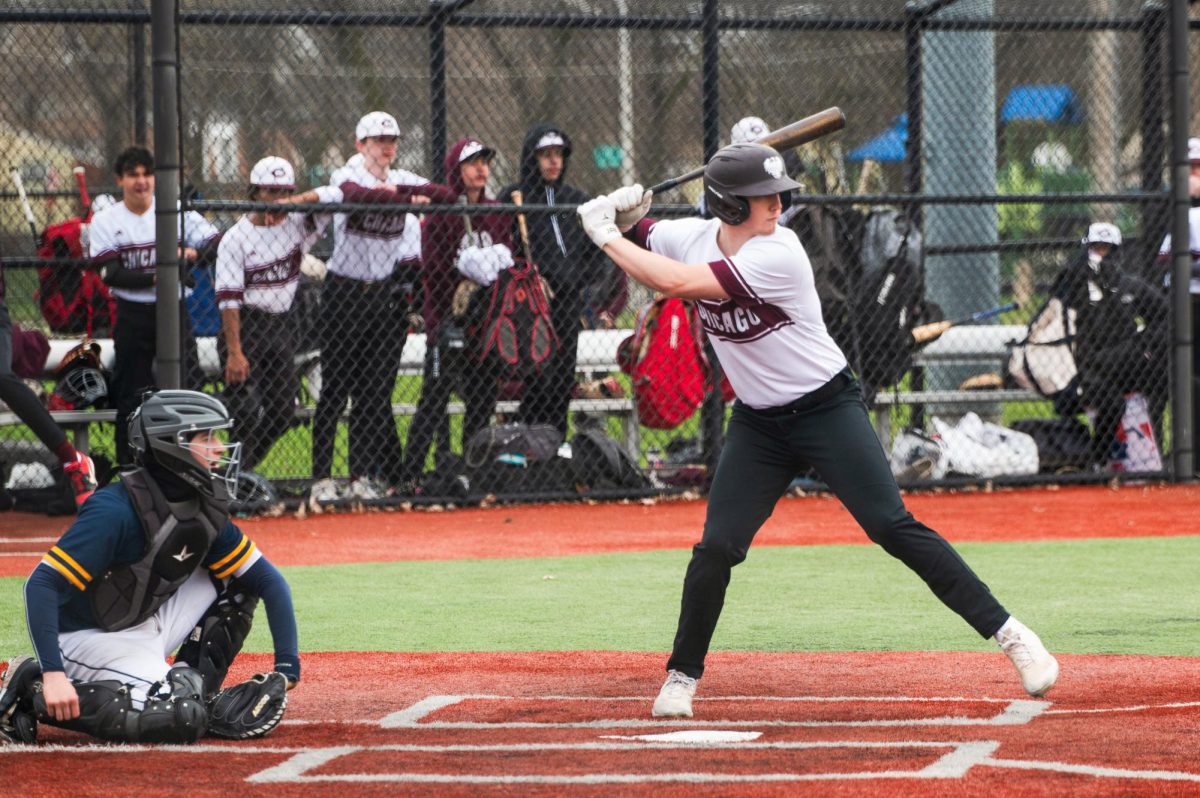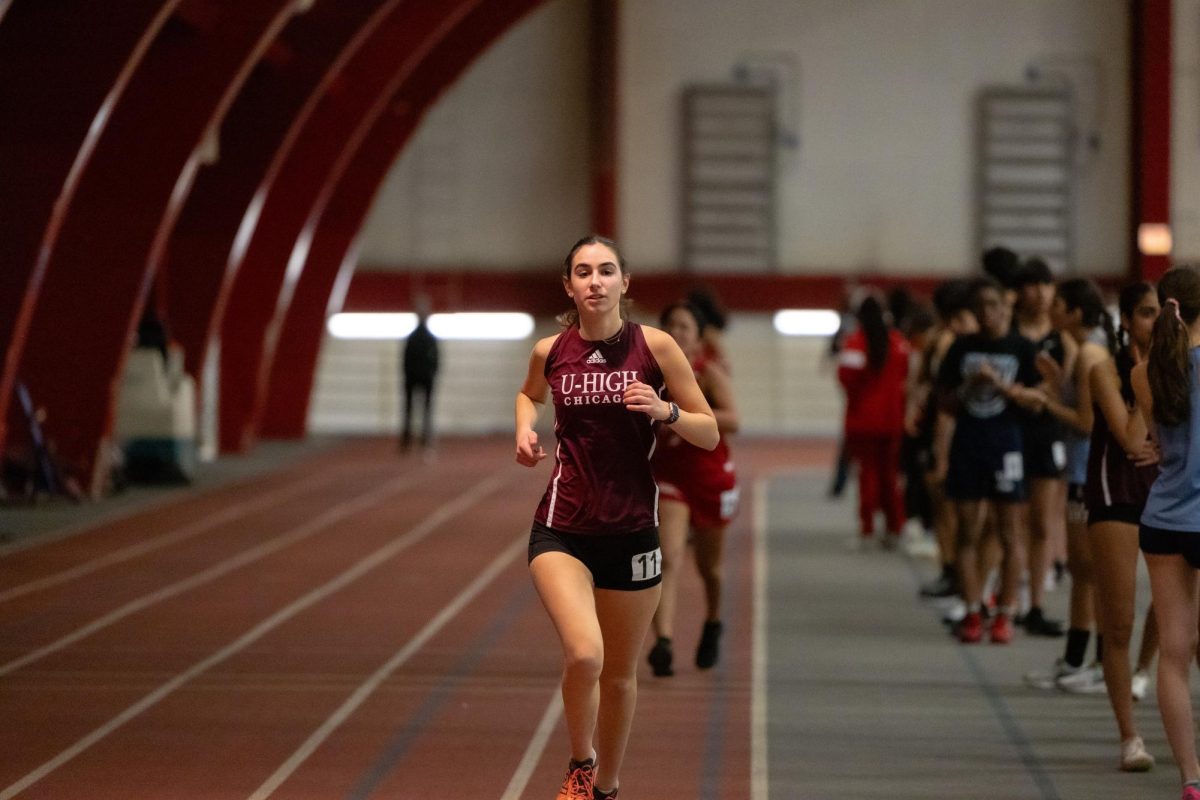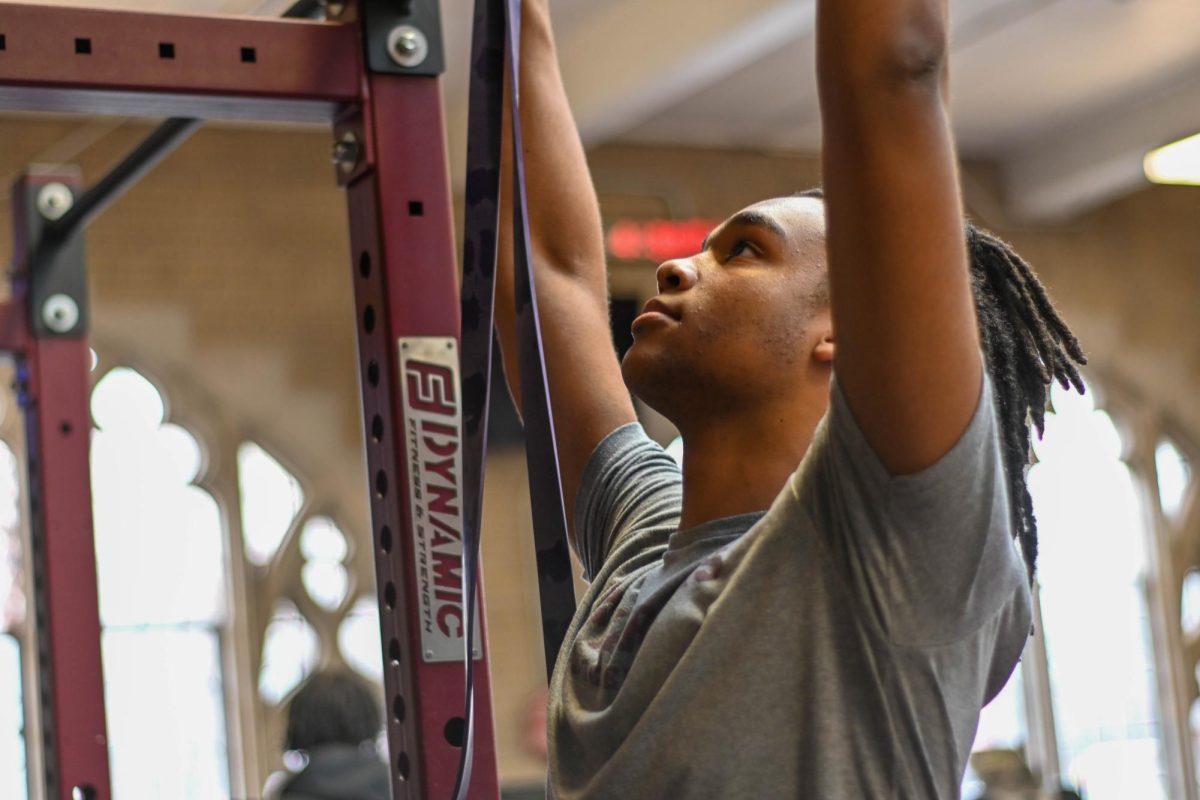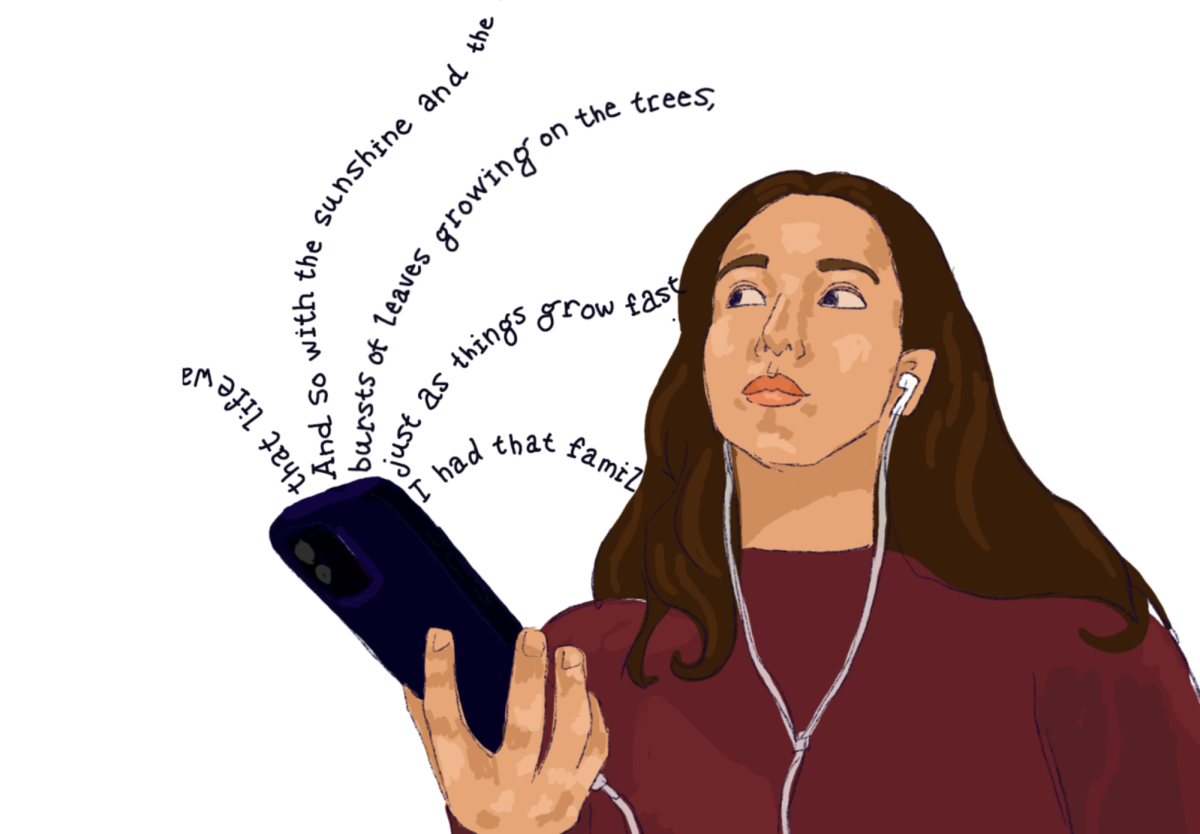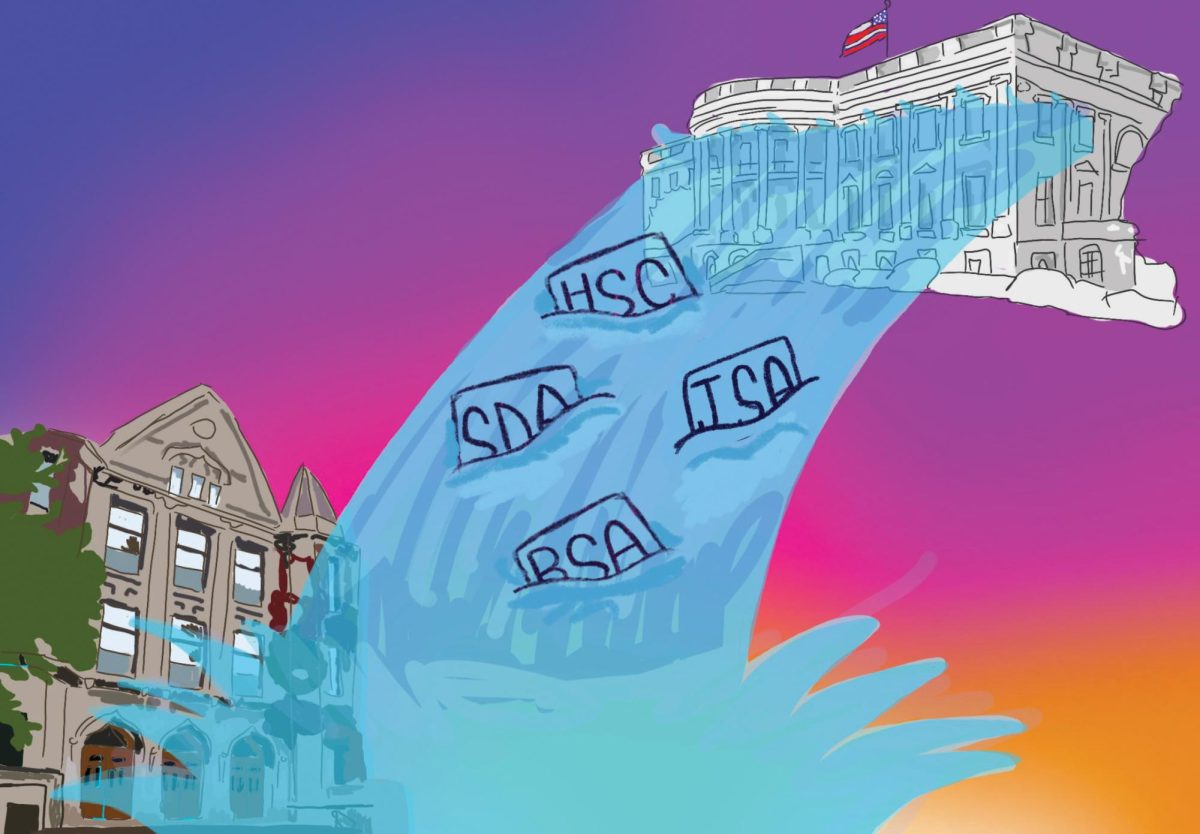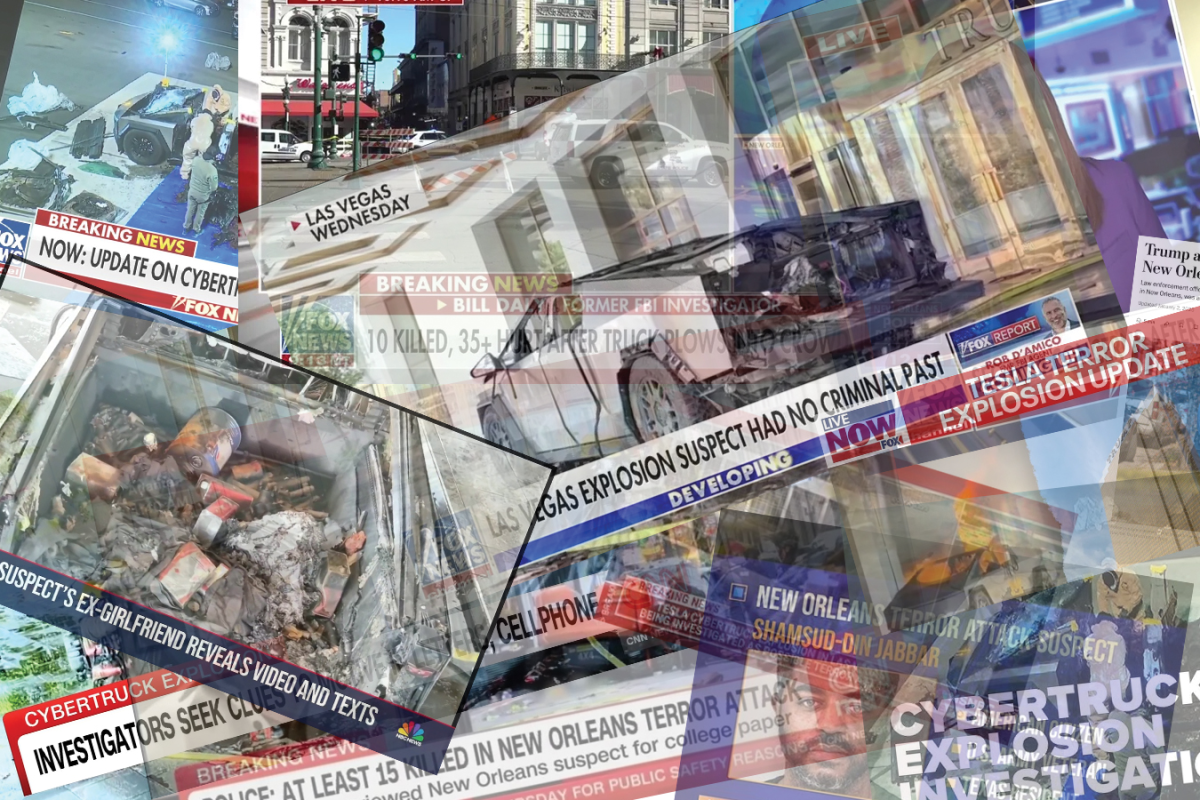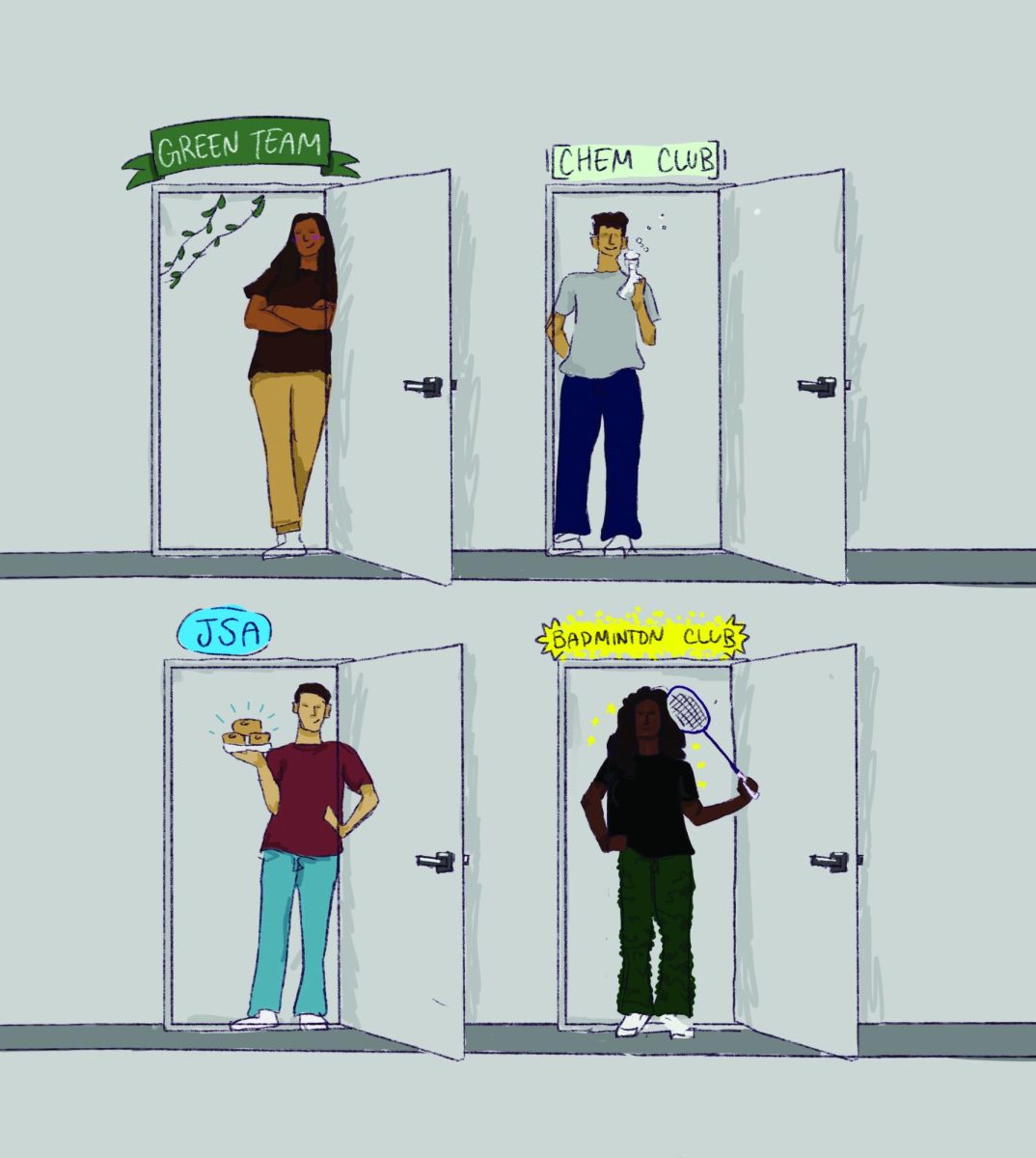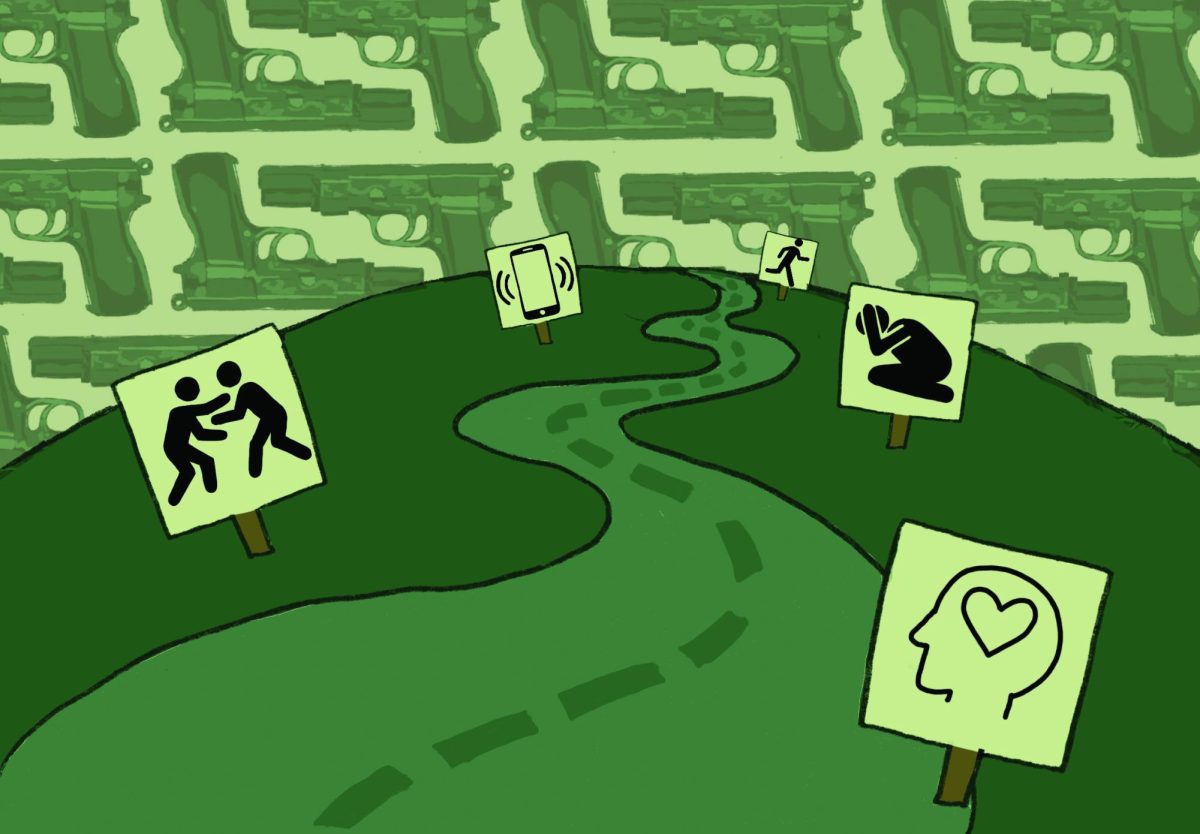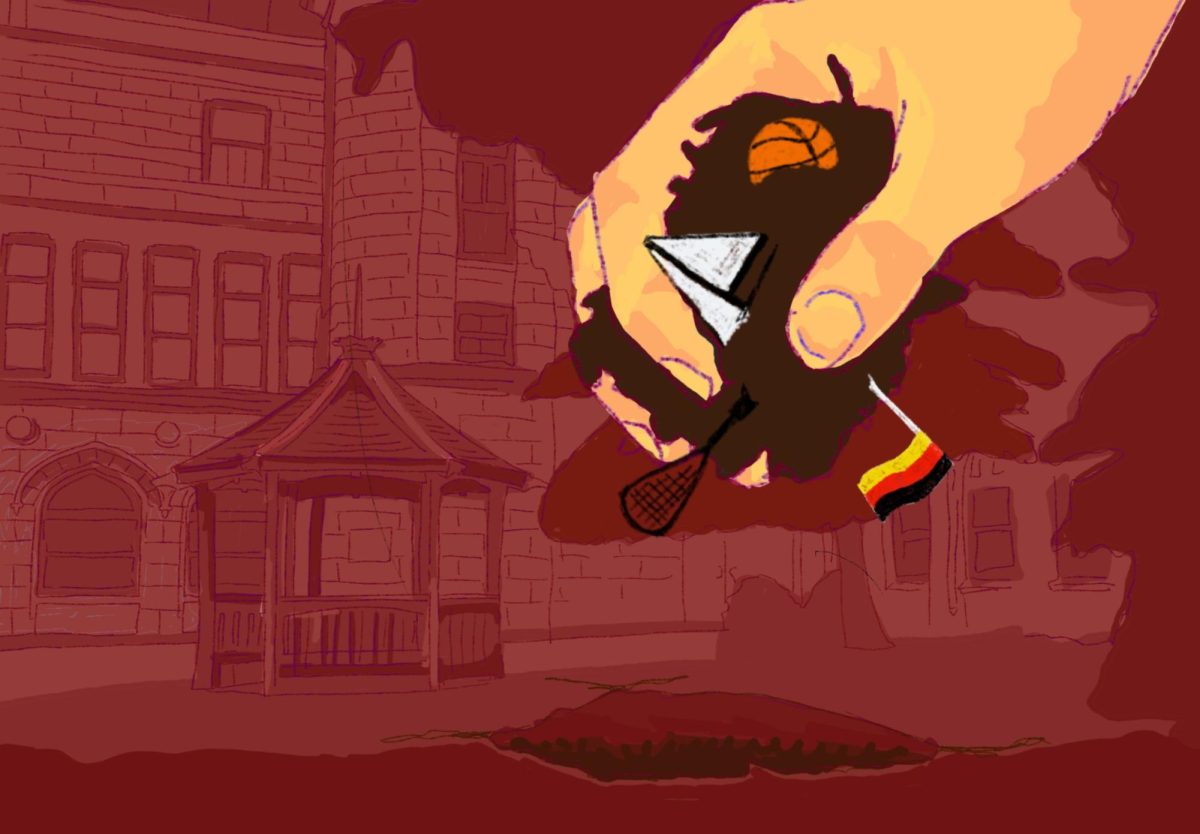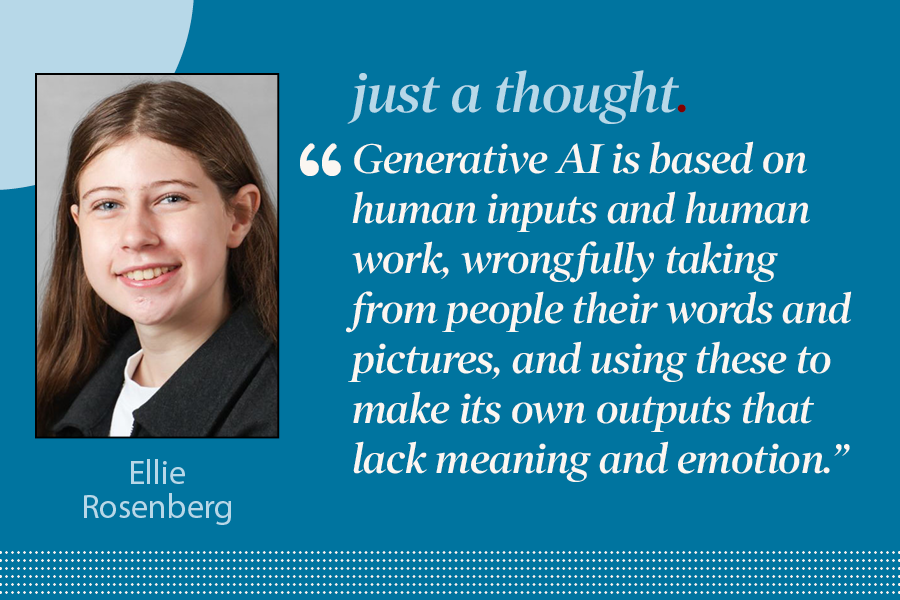Some U-High students choose a unique way to do their history homework. They can do more than just read; they can listen to their teacher or another adult narrating their assigned readings aloud. The option for these recordings is rare at U-High, and students appreciate it as it makes their lives easier.
We know there are many other efforts from members of the Lab community, and we want to acknowledge those that support students with learning differences. These measures make a difference for students in real time, and we hope U-High will continue to search for additional ways to expand such offerings and experiment with support in the future.
To be sure, this sort of work can be time consuming and require innovation. Teachers dedicate extra time in order to find ways to provide added supports and creative solutions will take time, funding and a willingness to test out methods — some of which may not work.
But this effort is worth it.
Recordings from history teacher Christy Gerst, for instance, come as U-High has begun to incorporate an educational framework called Universal Design for Learning, which aims to help all students succeed. The recordings and this broader approach are the sort of recognition and support of the different learning styles that uphold Lab’s values as a community of learning.
For neurodivergent students, this is an essential resource. These students should not have to work harder — and find their own ways to make assignments manageable — when completing school work. Every student deserves the same access to learning.
Too often, teachers nationwide are not equipped to provide that access that neurodivergent students need. According to an Education Week study, less than one in five teachers feel well prepared to teach students with learning differences that are considered to be moderate, like attention-deficit/hyperactivity disorder and dyslexia.
These innovations benefit more than just those who have learning differences. In Ms. Gerst’s class, many students said they benefited from the recordings as well, gaining new abilities to read more thoroughly, rather than skimming. These efforts make a difference and they matter. As students, we should advocate for more resources like this as they are a step in the right direction for making Lab the best learning environment it has the potential to be.


